I wish I had a dollar for every person who has told me they were going to record an oral history interview with a parent or grandparent or elderly friend or neighbour – but failed to do so. The sad thing is that it isn’t too difficult to do, in this age of good inexpensive recording technology.
By ‘oral history’ I mean the process of recording an individual’s memories in a loosely structured way, with a view to preserving the memories either through a transcript or, preferably, through preservation of the audio itself or both.
***
I made my first attempt at an oral history interview in 1977 when I was enrolled in a course at La Trobe University called ‘Victoria during the Depression’. Our tutor, David Potts, required us to record two people who had lived through the 1930s Depression as adults in Victoria. My parents and I had by this time resided in Shamrock Street, West Brunswick, for 22 years and so we knew many of the neighbours.
I asked my father, Loreto, whether he could think of any who were elderly and eloquent and I asked him to approach them on my behalf. My two reluctant interviewees were Mrs Dunbar and Mrs McColl who were probably in their 60s or seventies. Both were known to me and they came to my parents’ place where my mum offered tea and biscuits before I brought out my cheap cassette recorder and proceeded to ask about their experiences during the Depression.
The audio no longer exists – this was long before digital recording and audio files. It’s a shame because, while I was terrible as an interviewer, almost completely lacking confidence, Mrs Dunbar and Mrs McColl offered some worthwhile memories. I would love to hear their voices today.
***
Eventually, during the 1980s, I returned to oral history interviewing while doing a PhD thesis on the history of the Maltese in Australia. It proved to be a good way of supplementing the print-based archival record, which I also relied on. Also, people’s memories sometimes provided leads into further archival research. Oral History brought to life the raw statistical information in government reports and allowed me to develop the human dimension to the story.
In 1984, I recorded two women who had emigrated to Australia from Malta prior to World War One: Jean Barrett (nee Rizzo) and Christina Couch (nee Farrugia). I kept the cassettes, storing them in a cupboard that was free of dampness and heat. Thanks to modern technology, I was recently able to digitize the cassettes. They were in good nick because of the ideal storage conditions.
The two women are long gone but their stories, and voices, live on. It’s astonishing, to me, to think I have recorded the stories of several individuals who arrived in Australia more than a century ago.
***
I continue to record oral history interviews, sometimes professionally (for money) and other times on a gratis basis (usually for family or friends).
I have recorded about 480 substantial oral history interviews over the past 40 years, mostly with migrants (many from Malta and Poland but also some from Italy and England). They vary in length from 90 minutes to many hours over several sessions. I have also interviewed academics, union leaders, former parliamentarians, Vietnam War protestors and even a few professional wrestlers. (It was great to record Mario Milano’s story!).
As I was in Sydney for most of the 1980s, I didn’t record many Brunswick people. Of course, I recorded very substantial interviews with my parents, Loreto and Olive, both of which took several sessions. The interviews are rich in memories of post-War Brunswick. And there was a former policeman, Jack Dealy, who had worked as a cop in Brunswick in the 1930s. I should add, too, a recent recording with Warren Maloney, a former Mayor of Brunswick who grew up in Brunswick. Oh yes, and, in 2017, I recorded an oral history interview with Tom Roper, who was our local State MP from 1973 to the early 1990s (and who sadly died this year).
An unusual opportunity presented itself when two of my longest friends, Janis and Martin, who had grown up in Shamrock Street with me as mates and neighbours, told me that their parents’ home in Shamrock Street was going up for sale. Their parents had settled there in 1949 and the house was being sold in 2017. I sat down with Janis and Martin and separately recorded their memories of growing up in the street.
***
It’s scary for me to accept that none of the adult neighbours with whom I grew up in West Brunswick in the 1950s and 1960s are still alive. How I would love to go back in time and record their individual stories. Apart from anything else, Brunswick’s post-war story is one of immigration. We had a dozen different ethnic groups in Shamrock Street. And there was no shortage of the old ‘Aussie battlers’ who had experienced Depression and war.
I have a continuing commitment to oral history interviewing. It creates an historic record where none previously existed and it allows us to experience history in a unique and engaging way, namely through the voices of those who made it. No transcript can capture the accents, intonations, inflections, rhythms and pauses of the human voice. That is why a good clear audio recording is the aim, along with its preservation.
I am happy to give advice to anyone wanting to record oral history interviews and happy to share my ‘question guides’ that have been developed over many years.
There is only one time to do it: NOW!
***
If this interests you, you can email Pablo from Brunswick Daily or get in contact with Barry York via email.

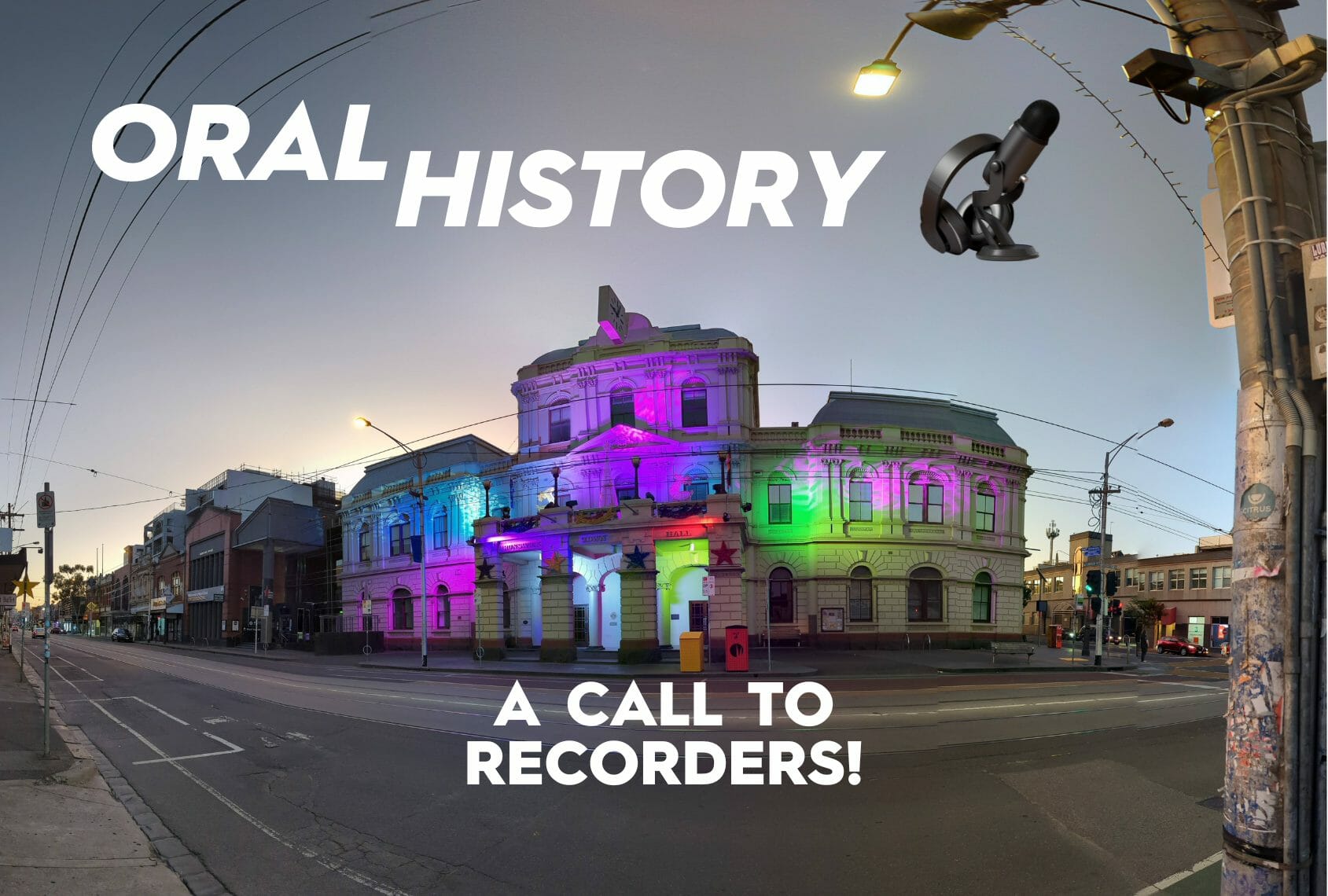
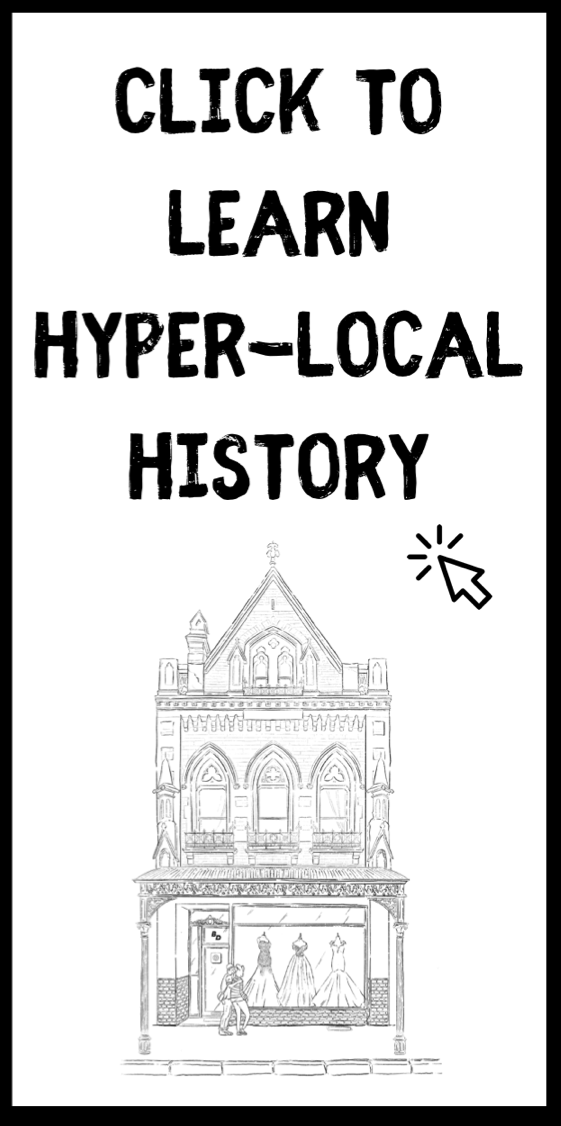
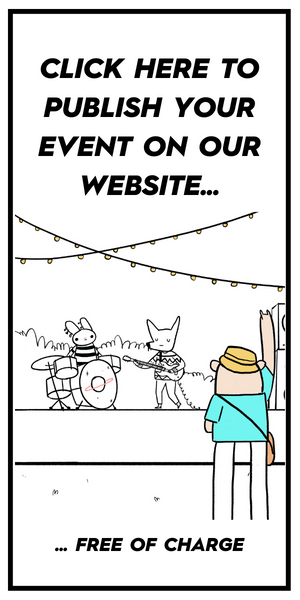
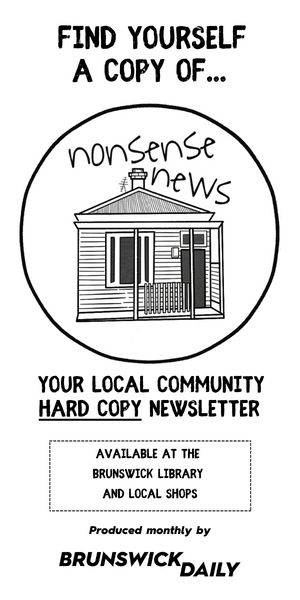
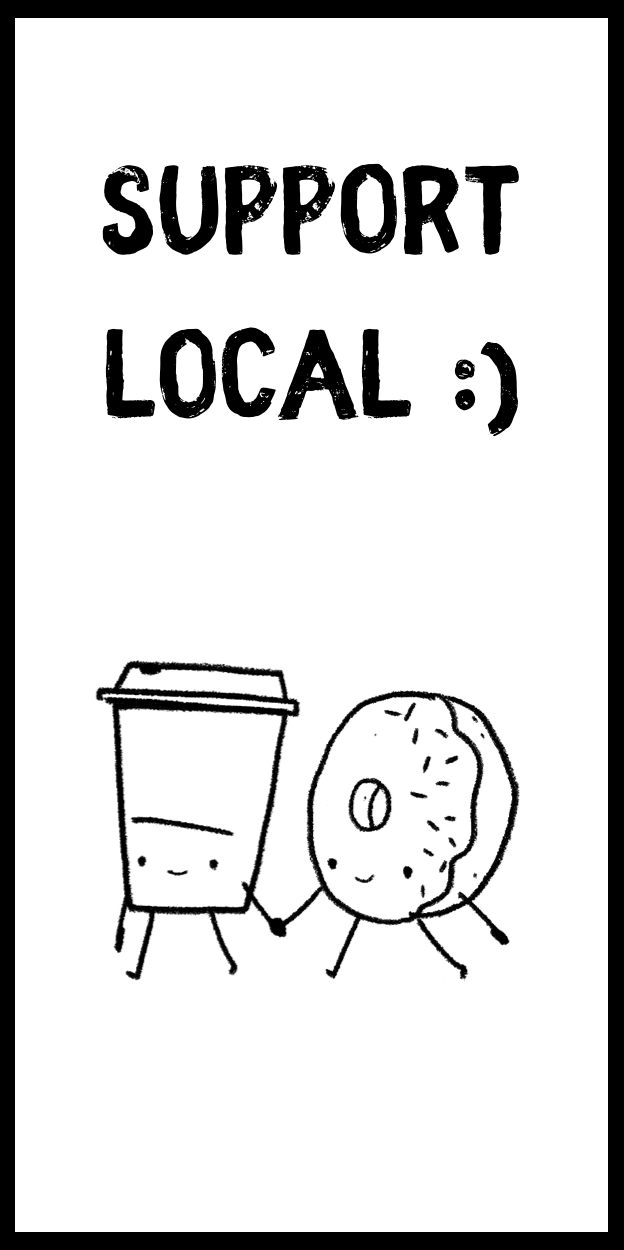
I would love to record an oral history with my grandmother. She 102 and still remembers lots of Brunswick stuff from growing up here in her childhood!
Hi Tracey, I’ve sent you an email with some details 🙂